Discover Science Talk
Science Talk

Science Talk
Author: Scientific American
Subscribed: 16,018Played: 141,675Subscribe
Share
© Scientific American, a Division of Springer Nature America, Inc.
Description
Science Talk is a podcast of longer-form audio experiments from Scientific American--from immersive sonic journeys into nature to deep dives into research with leading experts.
543 Episodes
Reverse
Science is an iterative process. Progress comes from people coming up with ideas that are sort of right and then new evidence and ideas coming in to update them to become even more correct.
Underlying this process is a willingness by scientists to accept that they might be wrong and be open to updating their ideas.
It turns out that social scientists have a term for this mindset. To find out more, I talked with two researchers who are studying this thing they call “intellectual humility.”
Today’s episode of Uncertain is about the ways that studies can leave us overconfident and how “just-so stories” can make us feel overly certain about results that are still a work in progress. And sometimes studies get misleading results because of random error or weird samples or study design. But sometimes science gets things wrong because it’s done by humans, and humans are fallible and imperfect.
In this episode, we’ll talk with two researchers whose work probes the uncertainty surrounding how we perceive the world around us.
It turns out that what we see may not always be a perfect reflection of reality.
Welcome to Uncertain, a five-part podcast miniseries from Scientific American. Here we will dive head first into the possibilities of the unknowing.
Over the next five episodes, I’ll be talking with people like her: explorers who work in the realm of uncertainty. Through them, we’ll discover the ways that uncertainty can spark curiosity and scientific breakthroughs. But we’ll also find out how uncertainty can bite us in the butt and make science really hard.
We’ll see how neglecting uncertainty can lead to overconfidence and how embracing uncertainty can allow for a more nuanced and accurate understanding of the world.
We’ll finish by examining how it’s possible to have confidence in scientific findings, even with their uncertainties.
Does the word "uncertainty" make you nervous? Does it rule your life? Would you say it kinda describes the state of the world these days?
Enter Uncertain, a new limited podcast series from Scientific American.
In this series, host Christie Aschwanden will help to demystify uncertainty. She's going to take away its scariness–or, rather, a cast of scientific dreamers that she talked to, will.
As you’ll see, uncertainty drives scientific discovery. Throughout scientific history, uncertainty has spurred our collective imagination and our need to know the things we don’t.
To be clear, uncertainty makes science very difficult. So in this mini-series we’ll both learn how scientists push through those difficulties; and how they also avoid the bias, logical fallacies, and blindspots that can lurk behind uncertainty.
She'll get them to share their own habits of mind and techniques for facing, and embracing, the unknown.
And even if you’re not a scientist, UNCERTAIN provides a practical way to think through what we don’t know in our lives—to face that uncertainty, and, hopefully, live better, more informed lives because of it.
What is behind the Black maternal mortality crisis, and what needs to change? In this podcast from Nature and Scientific American, leading academics unpack the racism at the heart of the system.
In the newest season of Lost Women of Science, we enter a world of secrecy, computers and nuclear weapons—and see how Klára Dán von Neumann was a part of all of it.
The World Economic Forum and Scientific American team up to highlight technological advances that could change the world—including self-fertilizing crops, on-demand drug manufacturing, breath-sensing diagnostics and 3-D-printed houses.
A new podcast is on a mission to retrieve unsung female scientists from oblivion.
In her new book Beloved Beasts: Fighting for Life in an Age of Extinction, science journalist Michelle Nijhuis looks into the past of the wildlife conservation field, warts and all, to try to chart its future.
It is a tale of sound: the song of a solitary whale that vocalizes at a unique frequency of 52 hertz, which no other whale—as the story goes—can seemingly understand.
It is also a tale about science and ocean life, laced with fantasy and mystery and mostly shrouded in darkness.
The whale, who is of unknown species and nicknamed “52,” was originally discovered in 1989 and has been intermittently tracked by scientists ever since. Its solitary nature baffled marine researchers. And its very existence captured the attention and hearts of millions of people.
But as 52 roams the ocean’s depths, a lot about its nature is still up in the air. No one has ever seen it in the flesh.
Scientists have determined that the whale is a large male and possibly a hybrid, and they have speculated that its unique song—too low in frequency for humans and too high for whales—might be a result of a malformation.
Scientific American sat down with Josh Zeman, an award-winning filmmaker who created a documentary about 52, to talk not just about his impressive cinematic quest (and it is impressive and beautifully shot) but also the science and academic collaborations that fueled it.
The documentary—written and directed by Zeman and executive produced by actors Leonardo DiCaprio and Adrian Grenier—is inspired by the findings of the late bioacoustics scientist William Watkins. It is propelled by passion and curiosity and relies on underwater acoustics to track 52 through the sound-rich and noise-heavy environment of the ocean.
A departure for Zeman in terms of genre choice, the film still exudes an air of mystery and sleuthing reminiscent of whodunits. It unfolds like a classic true-crime story, a genre that Zeman, an investigative reporter and a true-crime documentarian, was originally famous for working in.
Then again, when Zeman started making the movie, the whale was MIA and had been silent for years. In essence, Zeman reopened a cold case to—in his own words—“set the record straight” and “bring the audience into the world of the whale.”
With the help of marine scientists, he followed streams of whale songs and other breadcrumbs in the form of auditory clues, listening in, analyzing, tracking, slowly and persistently narrowing down the circle around 52. Zeman found him, lost him and found him again until eventually the filmmaker made an unexpected revelation about him.
It may not be the closure Zeman expected to give to his audiences. But it is definitely a fresh chapter in this evolving tale.
Zeman says he is hopeful that other storytellers will take up the mantle and continue to unearth more facts about 52.
“What a more beautiful gift can you give than to say, ‘Actually, there’s another chapter.’ And then, 20 years later, somebody else comes in and adds their chapter,” he says. “That’s what storytelling is.”
This is a story of desperation, anger, poverty—and triumph over long odds to crack the code of a degenerative disease that had been stealing the lives of children since it was first discovered more than a century ago.
In Science Book Talk, a new four-part podcast miniseries, host Deboki Chakravarti acts as literary guide to two science books that share a beautiful and sometimes deeply resonant entanglement.
In this week’s show: World of Wonders, by Aimee Nezhukumatathil, and Vesper Flights, by Helen Macdonald.
In Science Book Talk, a new four-part podcast miniseries, host Deboki Chakravarti acts as literary guide to two science books that share a beautiful and sometimes deeply resonant entanglement.
In this week’s show: Underland, by Robert MacFarlane, and Islands of Abandonment, by Cal Flyn.
In Science Book Talk, a new four-part podcast miniseries, host Deboki Chakravarti acts as literary guide to two science books that share a beautiful and sometimes deeply resonant entanglement.
In this week’s show: Entangled Life, by Merlin Sheldrake, and Gathering Moss, by Robin Wall Kimmerer.
In Science Book Talk, a new four-part podcast miniseries, host Deboki Chakravarti acts as literary guide to two science books that share a beautiful and sometimes deeply resonant entanglement.
In this week’s show: Why Fish Don’t Exist, by Lulu Miller, and The Book of Eels, by Patrik Svensson.
Here is our next installment of a new pop-up podcast miniseries that takes your ears into the deep sound of nature. Host Jacob Job, an ecologist and audiophile, brings you inches away from a multitude of creatures, great and small, amid the sonic grandeur of nature. You may not be easily able to access these places amid the pandemic, but after you take this acoustic journey, you will be longing to get back outside.
Strap on some headphones, find a quiet place and prepare to experience a the alien sounds of the yearly elk rut inside of Rocky Mountain National Park.
Catch additional episodes in the series here.
Here is our next installment of a new pop-up podcast miniseries that takes your ears into the deep sound of nature. Host Jacob Job, an ecologist and audiophile, brings you inches away from a multitude of creatures, great and small, amid the sonic grandeur of nature. You may not be easily able to access these places amid the pandemic, but after you take this acoustic journey, you will be longing to get back outside.
Strap on some headphones, find a quiet place and prepare to experience a humid, salty morning full of birdsong inside the Rockefeller Wildlife Refuge in Louisiana.
Catch additional episodes in the series here.
Here is our next installment of a new pop-up podcast miniseries that takes your ears into the deep sound of nature. Host Jacob Job, an ecologist and audiophile, brings you inches away from a multitude of creatures, great and small, amid the sonic grandeur of nature. You may not be easily able to access these places amid the pandemic, but after you take this acoustic journey, you will be longing to get back outside.
Strap on some headphones, find a quiet place and prepare to experience an evanescent like no other: the blue oak woodlands in Sequoia National Park in California.
Catch additional episodes in the series here.
Here is our next installment of a new pop-up podcast miniseries that takes your ears into the deep sound of nature. Host Jacob Job, an ecologist and audiophile, brings you inches away from a multitude of creatures, great and small, amid the sonic grandeur of nature. You may not be easily able to access these places amid the pandemic, but after you take this acoustic journey, you will be longing to get back outside.
Strap on some headphones, find a quiet place and prepare to experience a thunderstorm—and a lazy day of waiting that storm out—inside the Boundary Waters Canoe Area Wilderness in northern Minnesota.
Catch additional episodes in the series here.









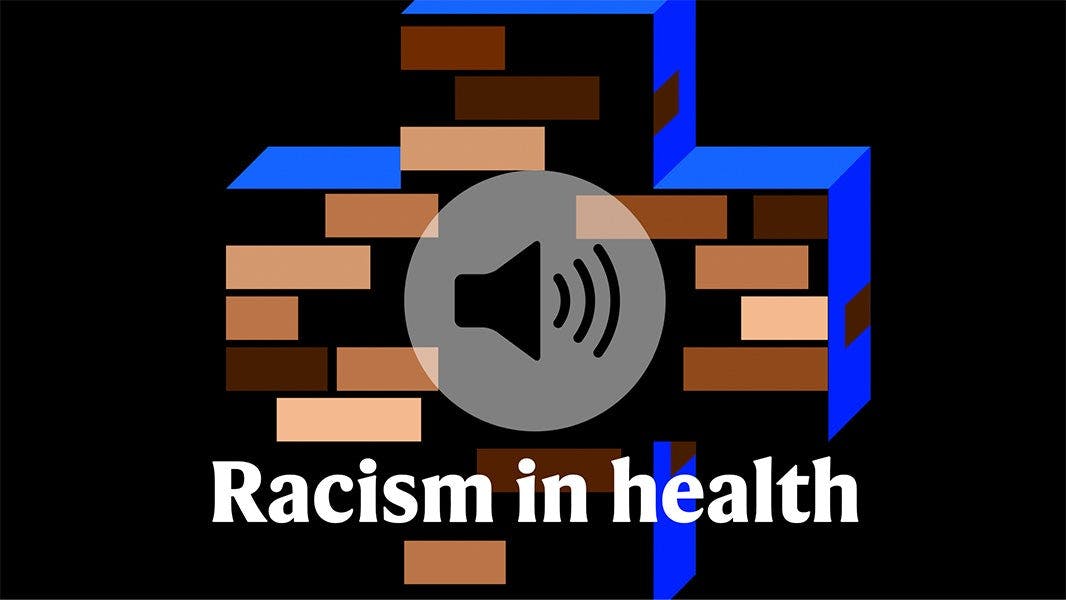
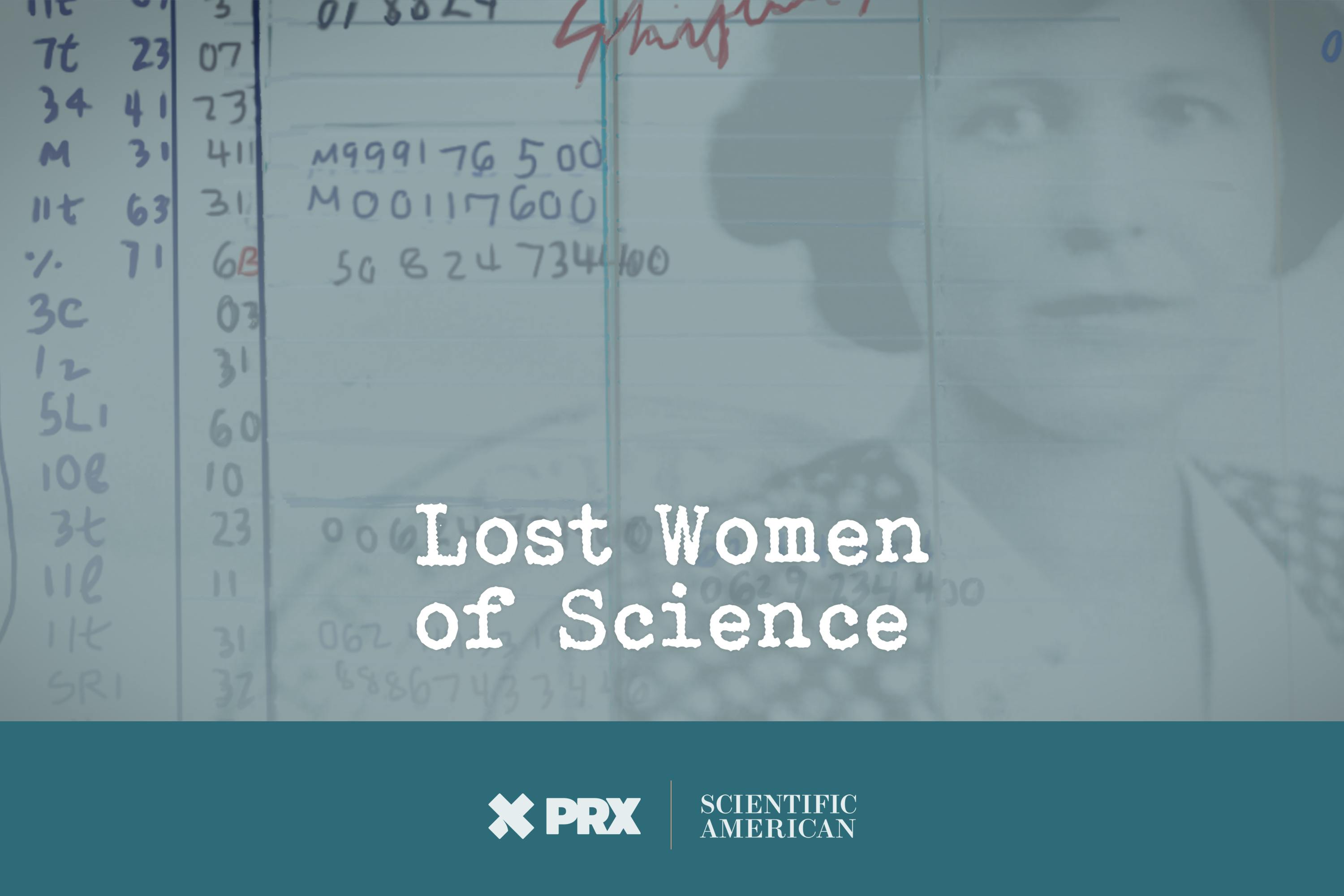
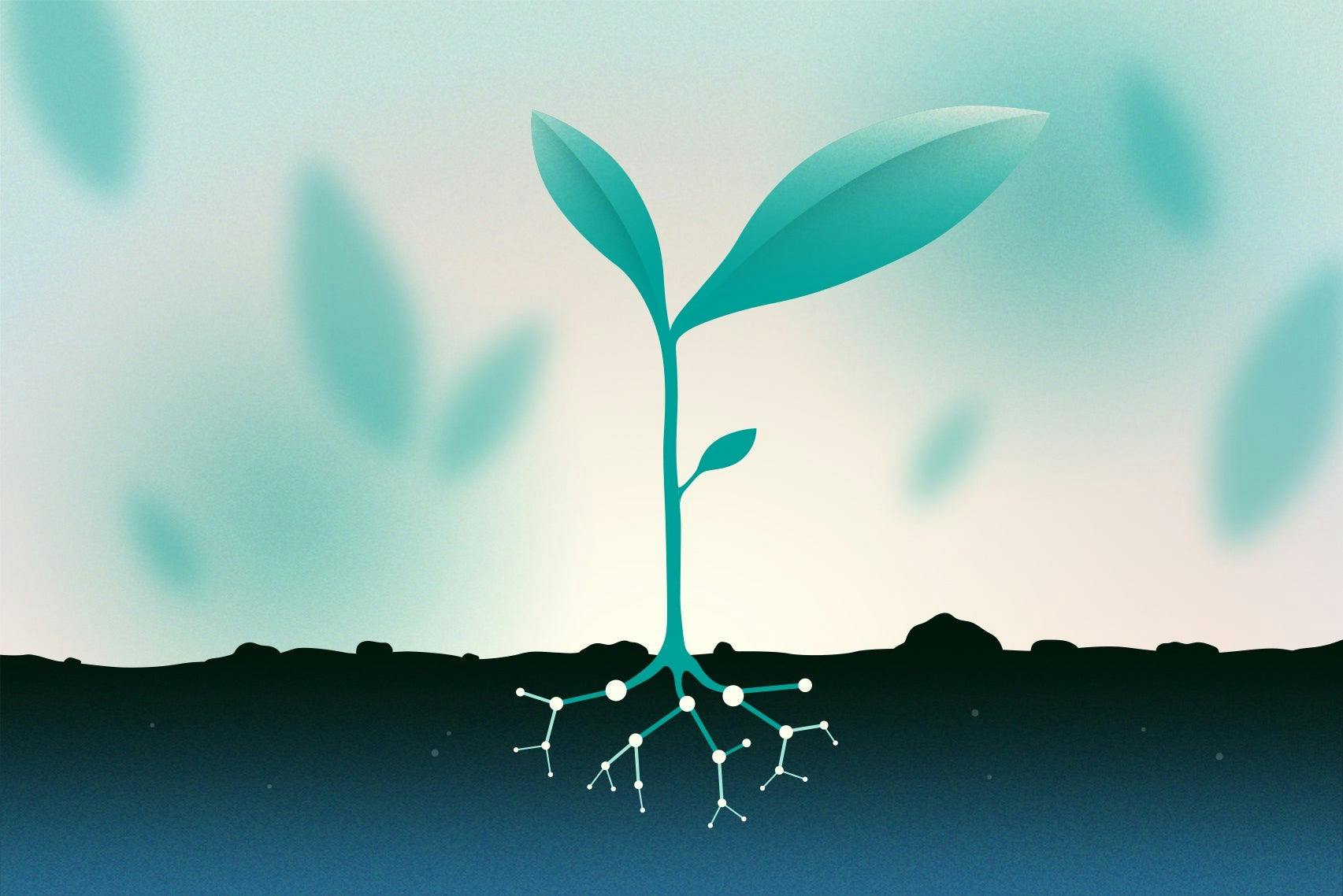
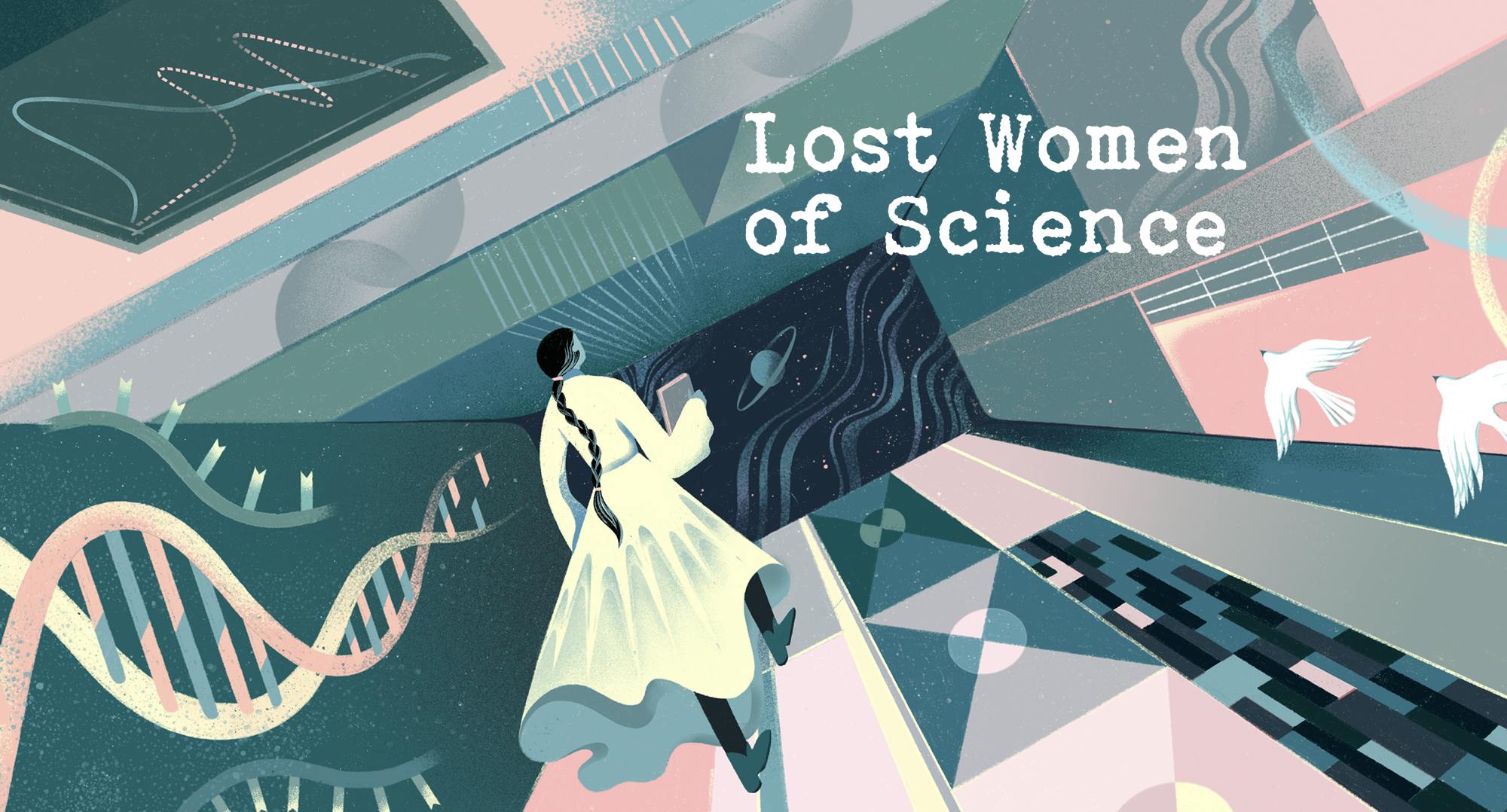


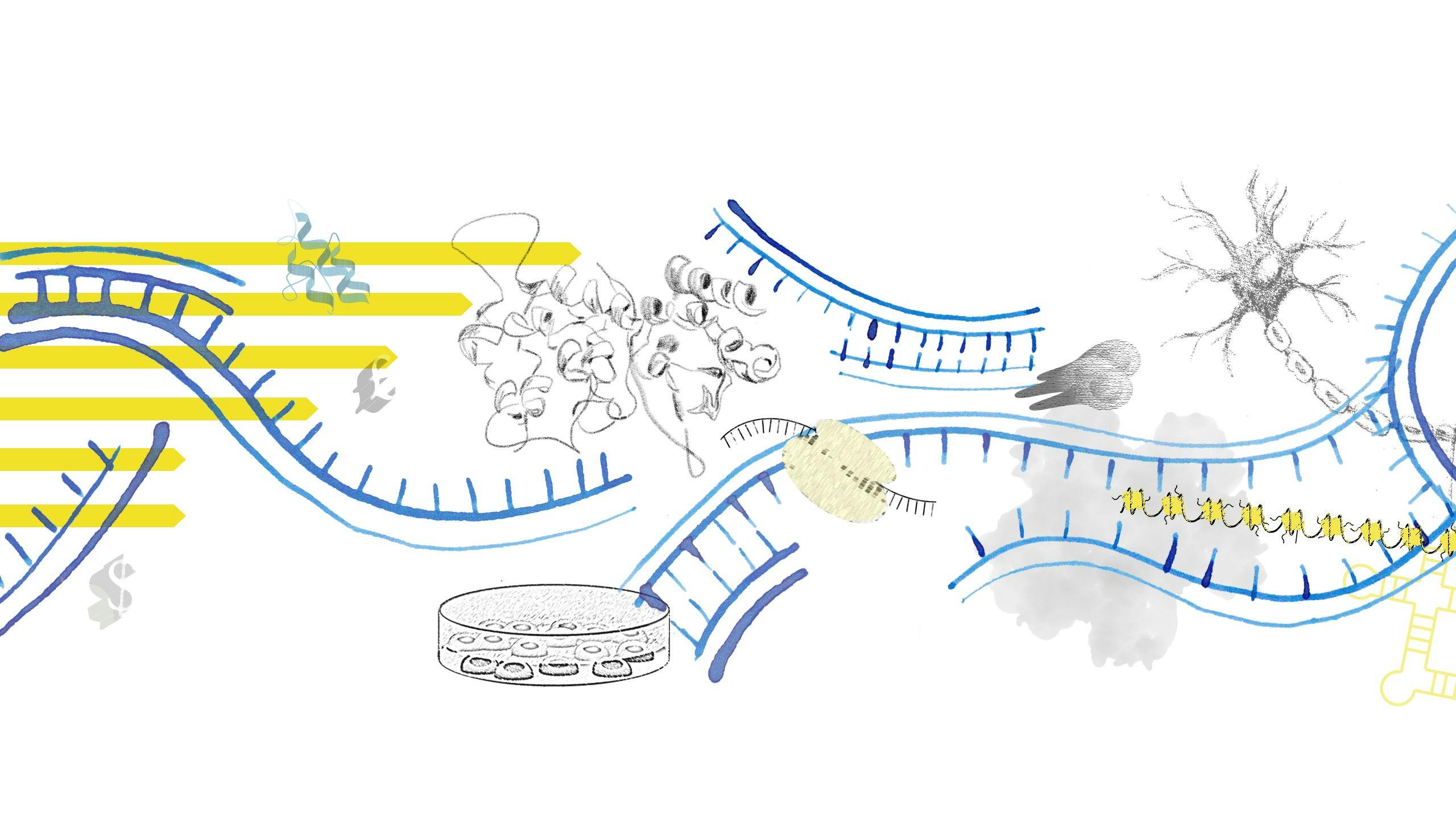











so soothing
ohhh
good
I gave this one the benefit of the doubt, listening to at least two of these after I'd already decided it wasn't worth my time. I always enjoyed reading Scientific American, including Mirsky's humor column. But this is too much bad humor and not enough (i.e., any) professionalism. I expected a much better product under the brand name, and it makes me wonder if anyone in "SciAm" upper management has heard this thing. It's pretty much 'bogus, dude.' In adult language, this translates to "If you are over the age of 25 & were hoping to hear some real science, try a different Podcast."
It's entertaining and informative and just the right length. Good variety of science information.....and I like the fact it's not just a companion to the magazine articles. It's new information on current events and even some humor.
SciAm isn't the first magazine to dive into podcasting to a lukewarm reception. This podcast sounds like just what it is, an audio broadcast put together by an excellent group of text writers. The information itself is fantastic, but the delivery leaves a lot to be desired. Those looking for something more engaging might want to check out "This Week in Science" a punky little show from University of California, Davis.